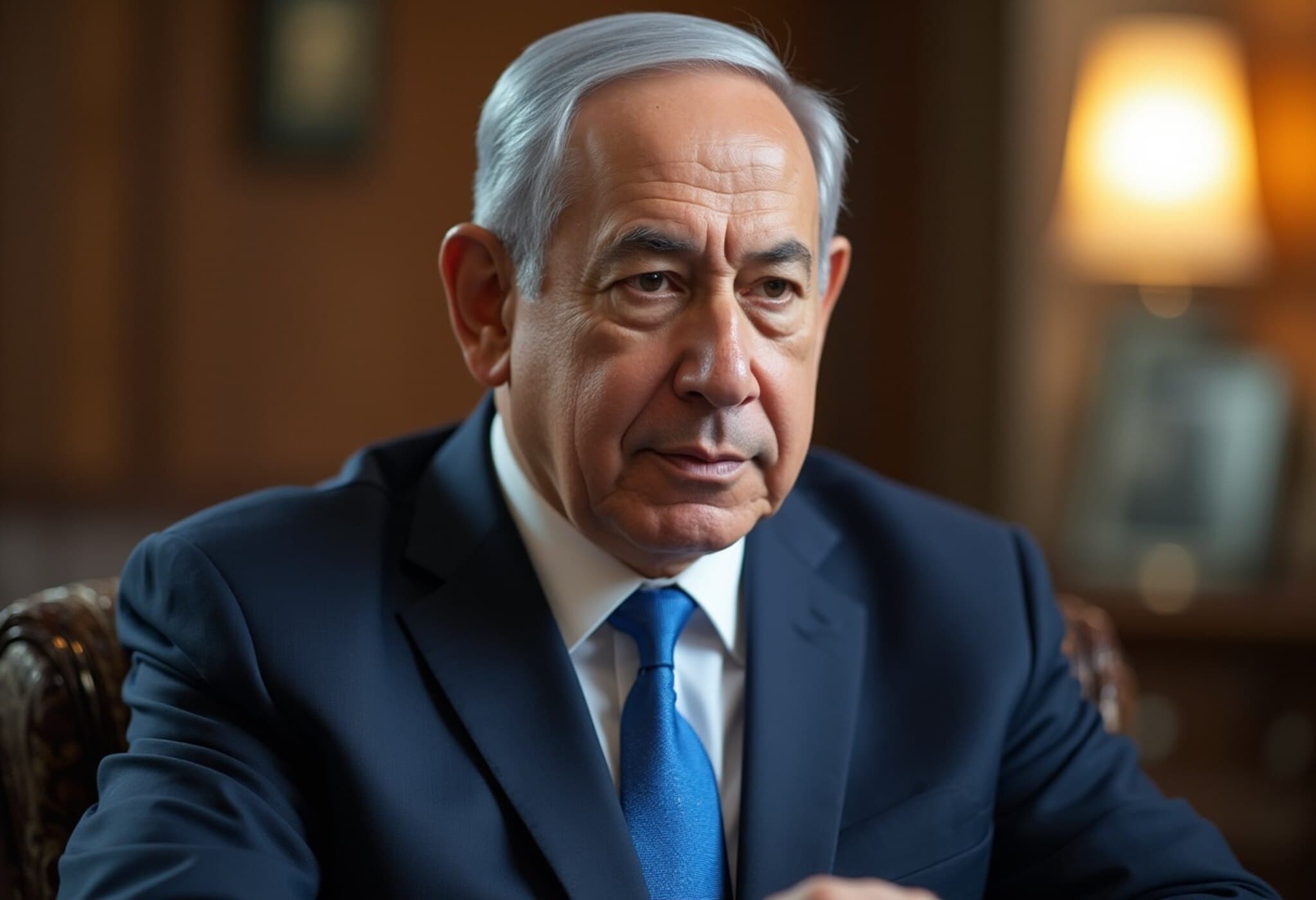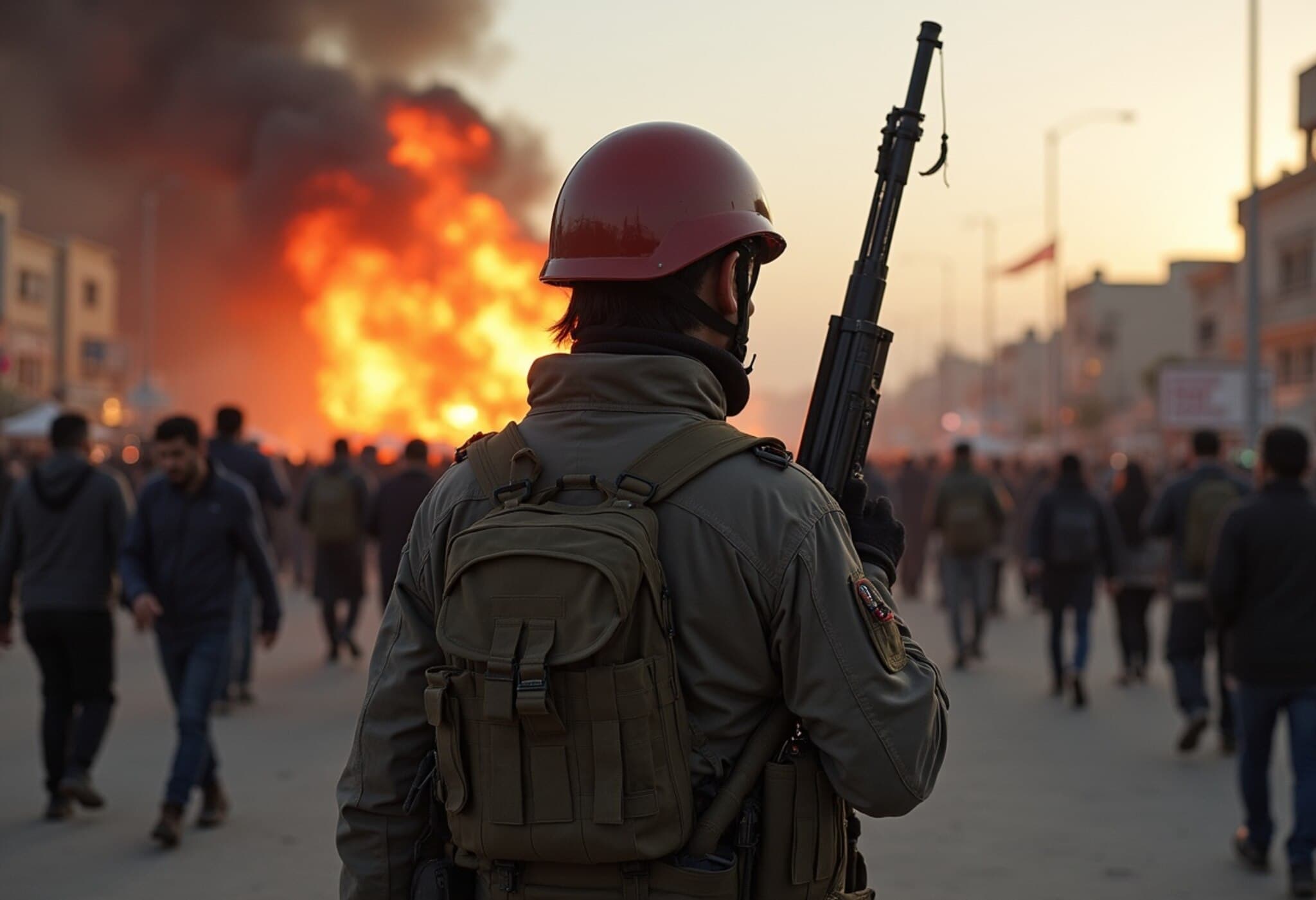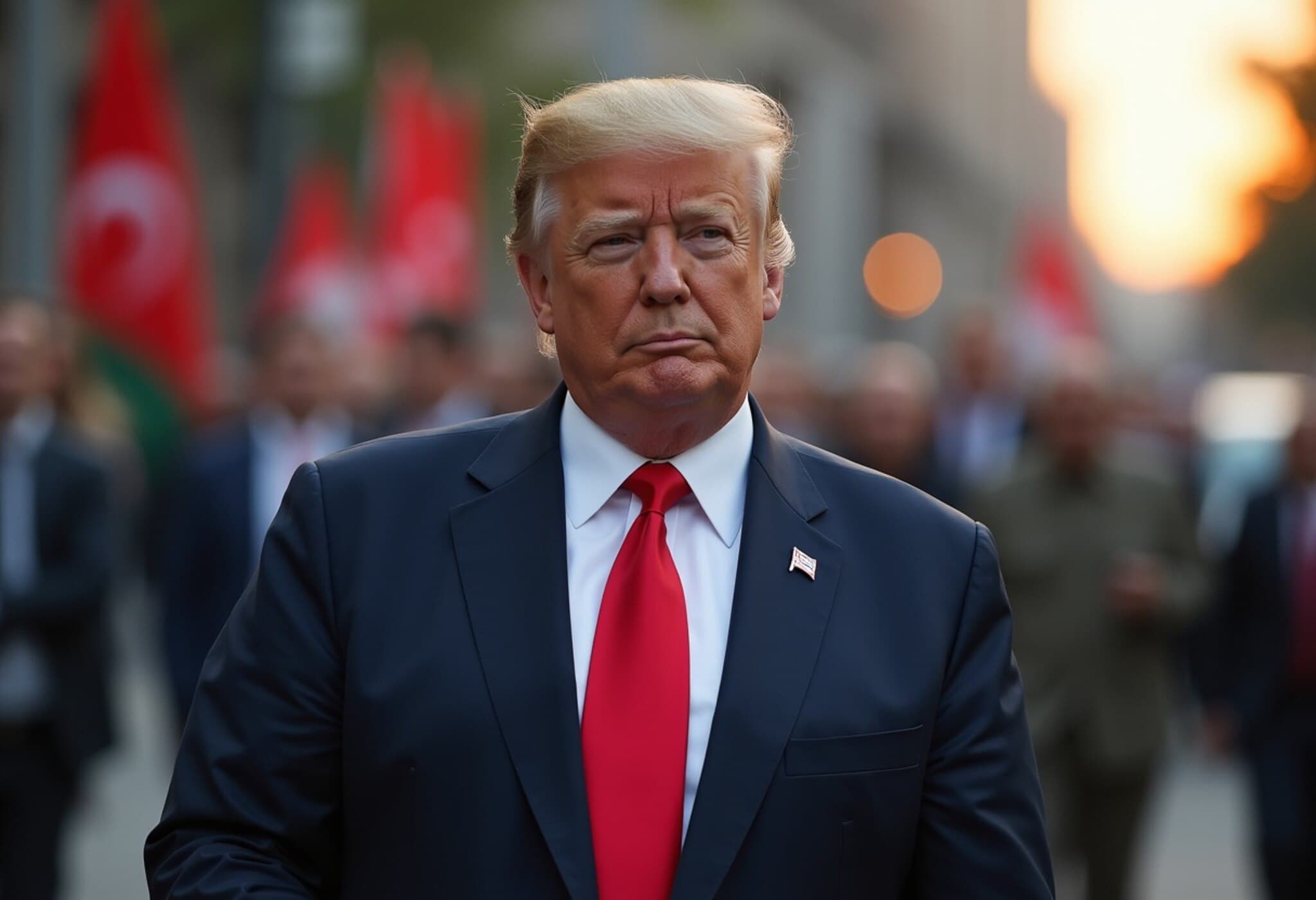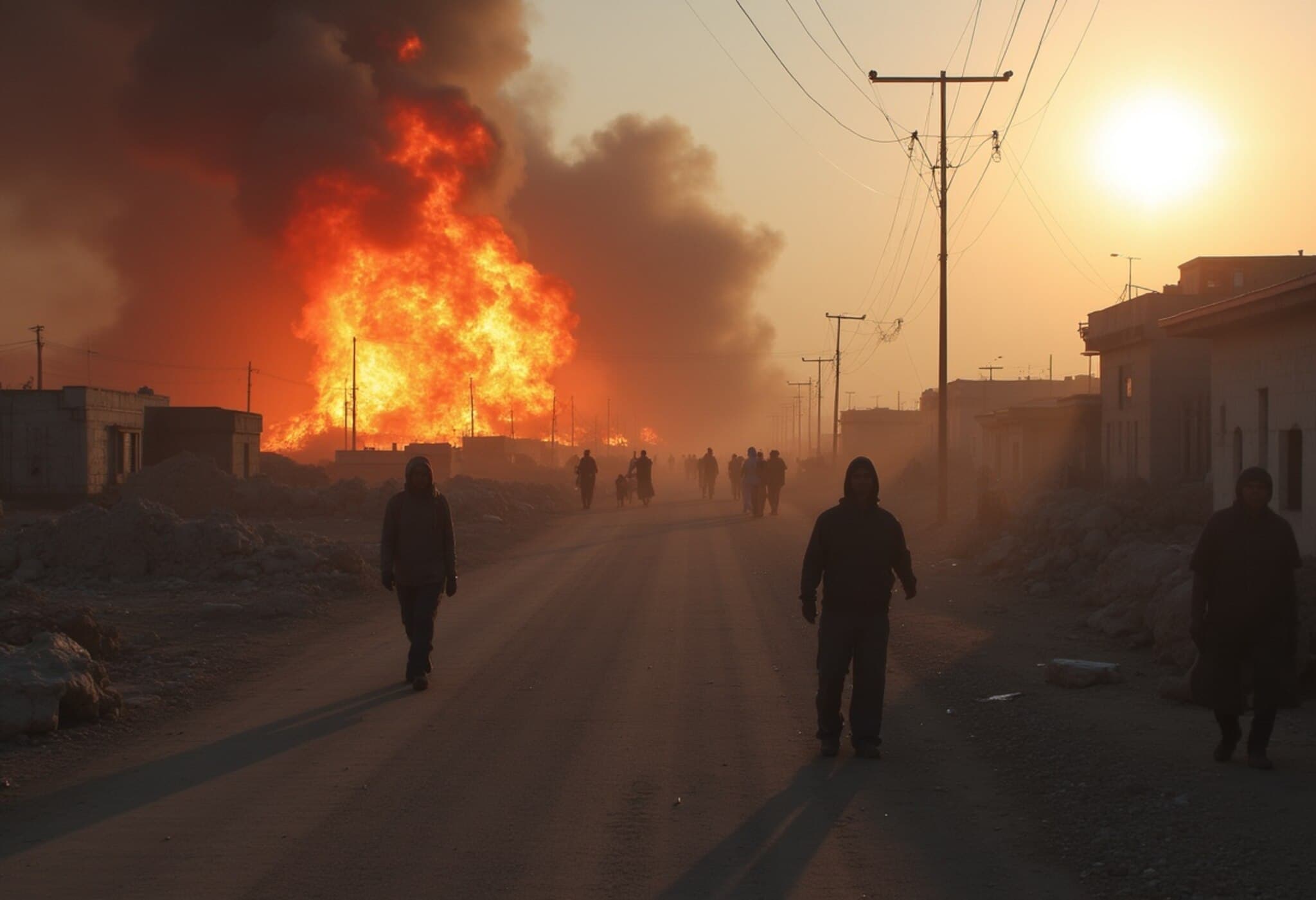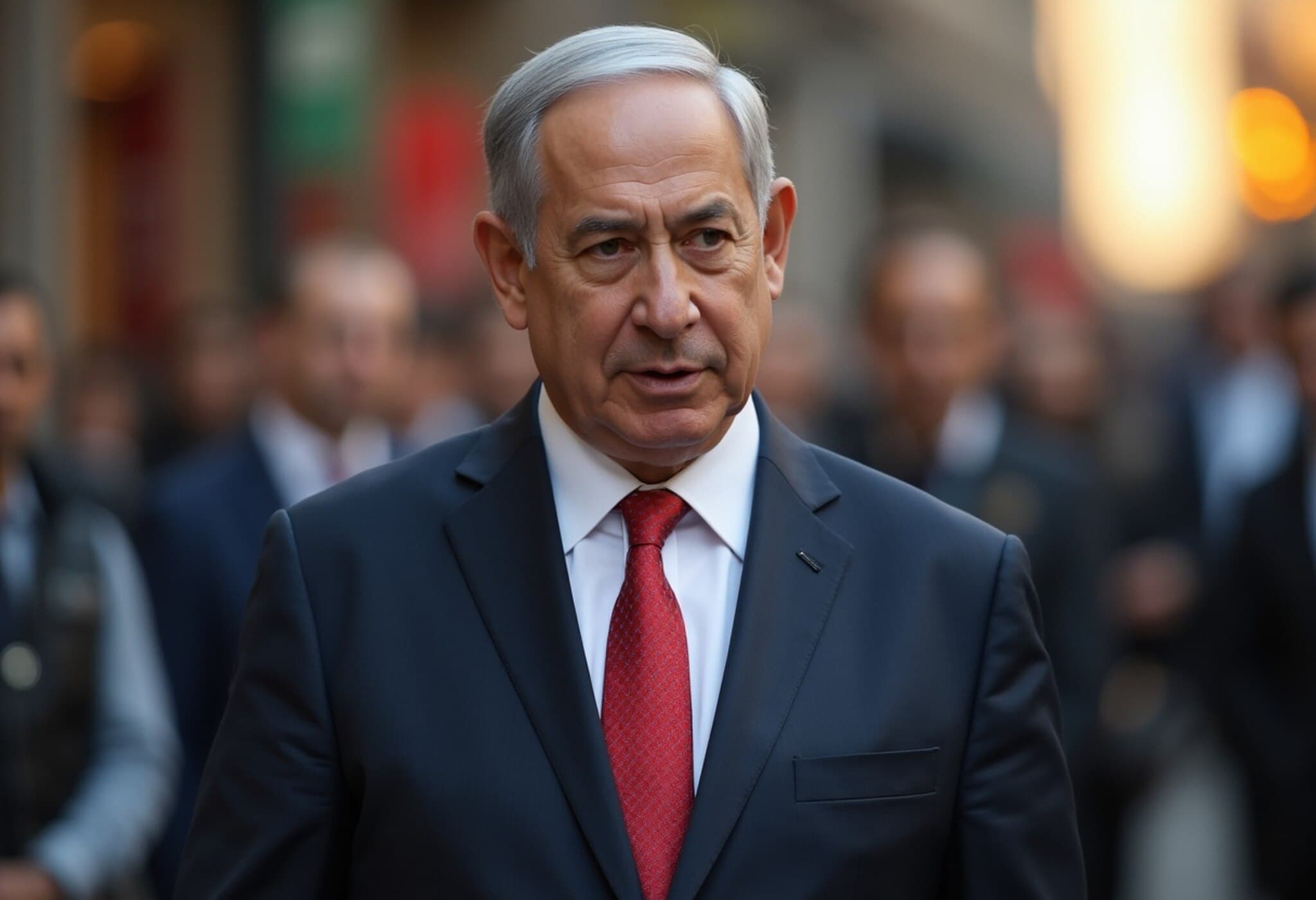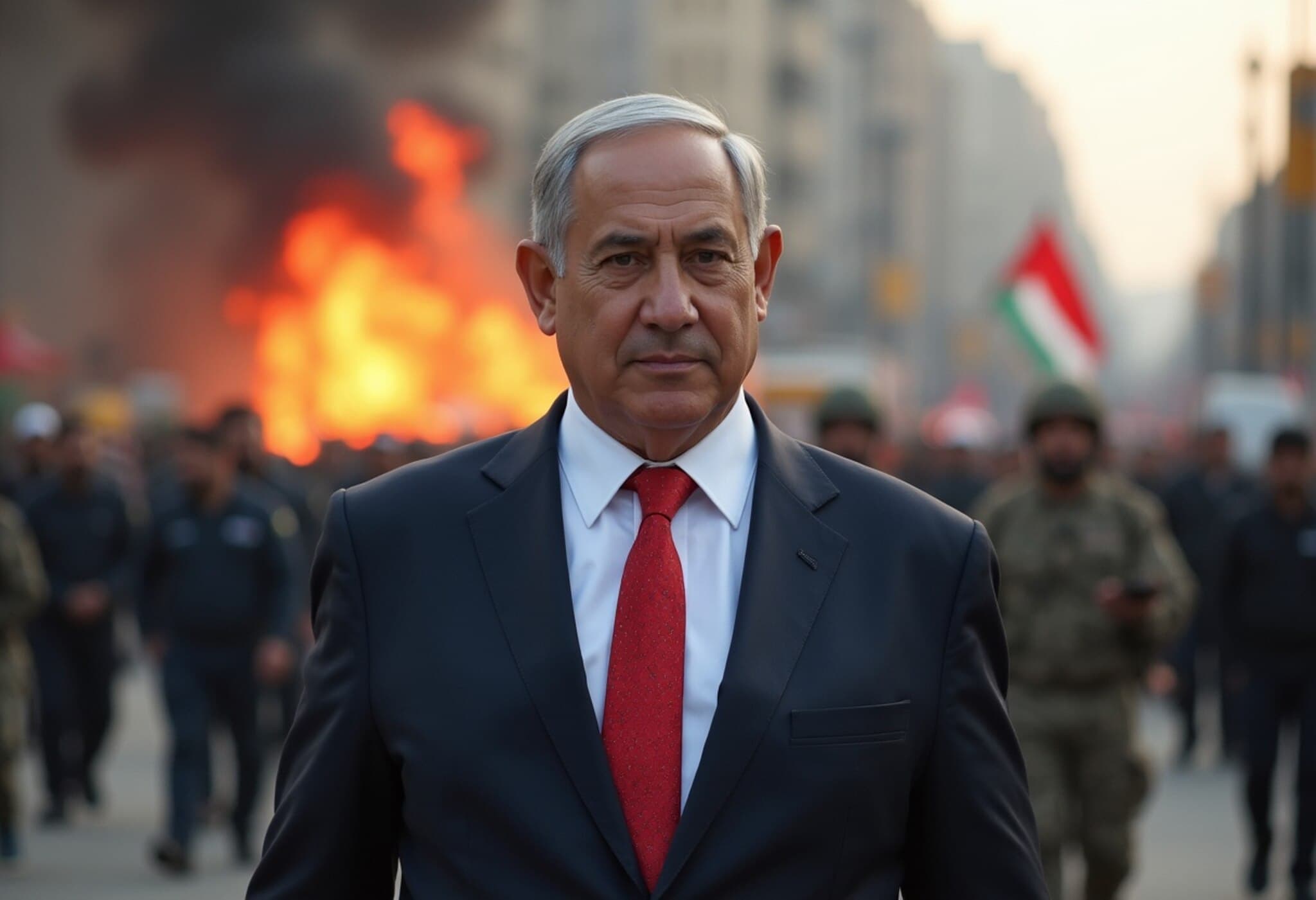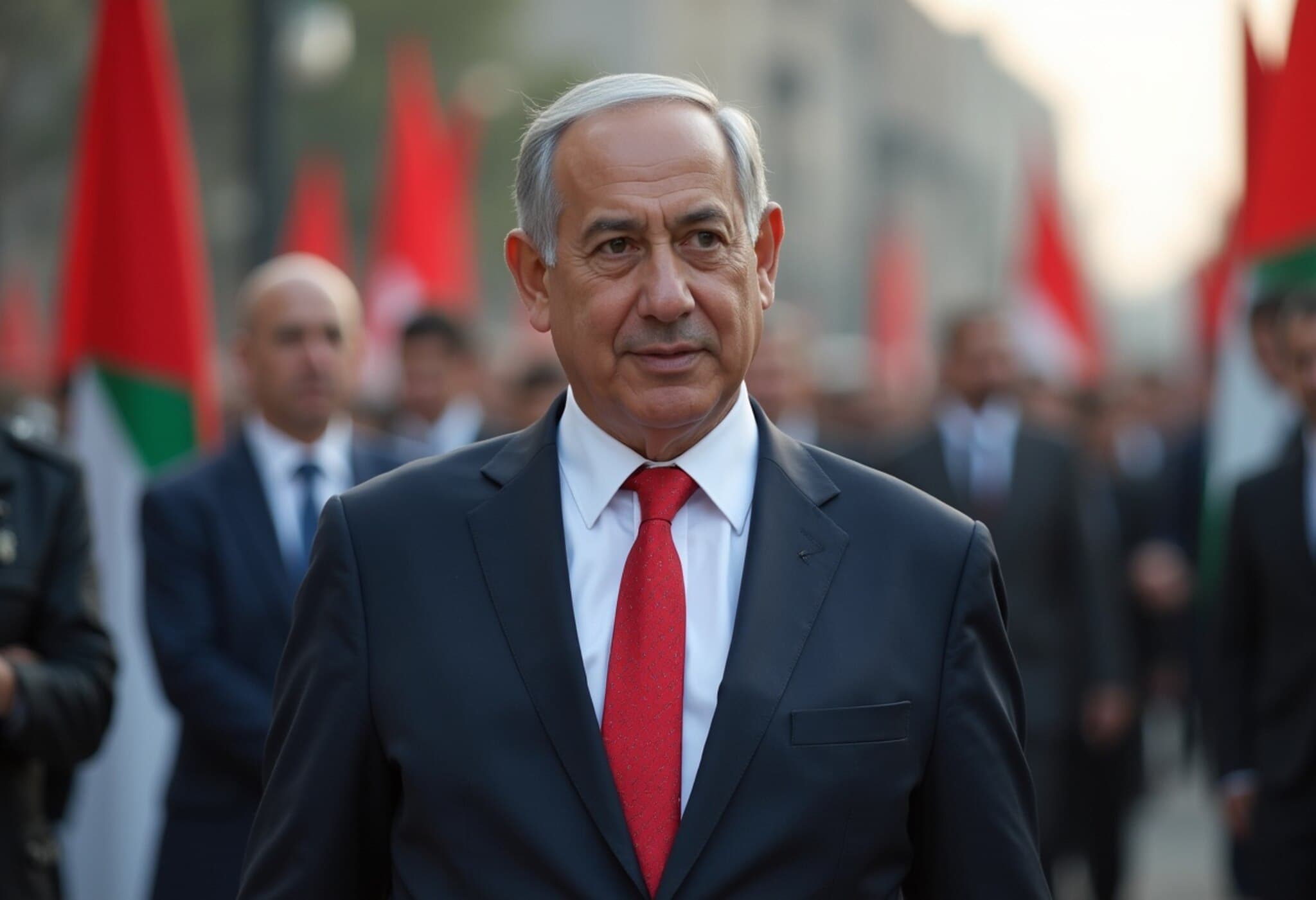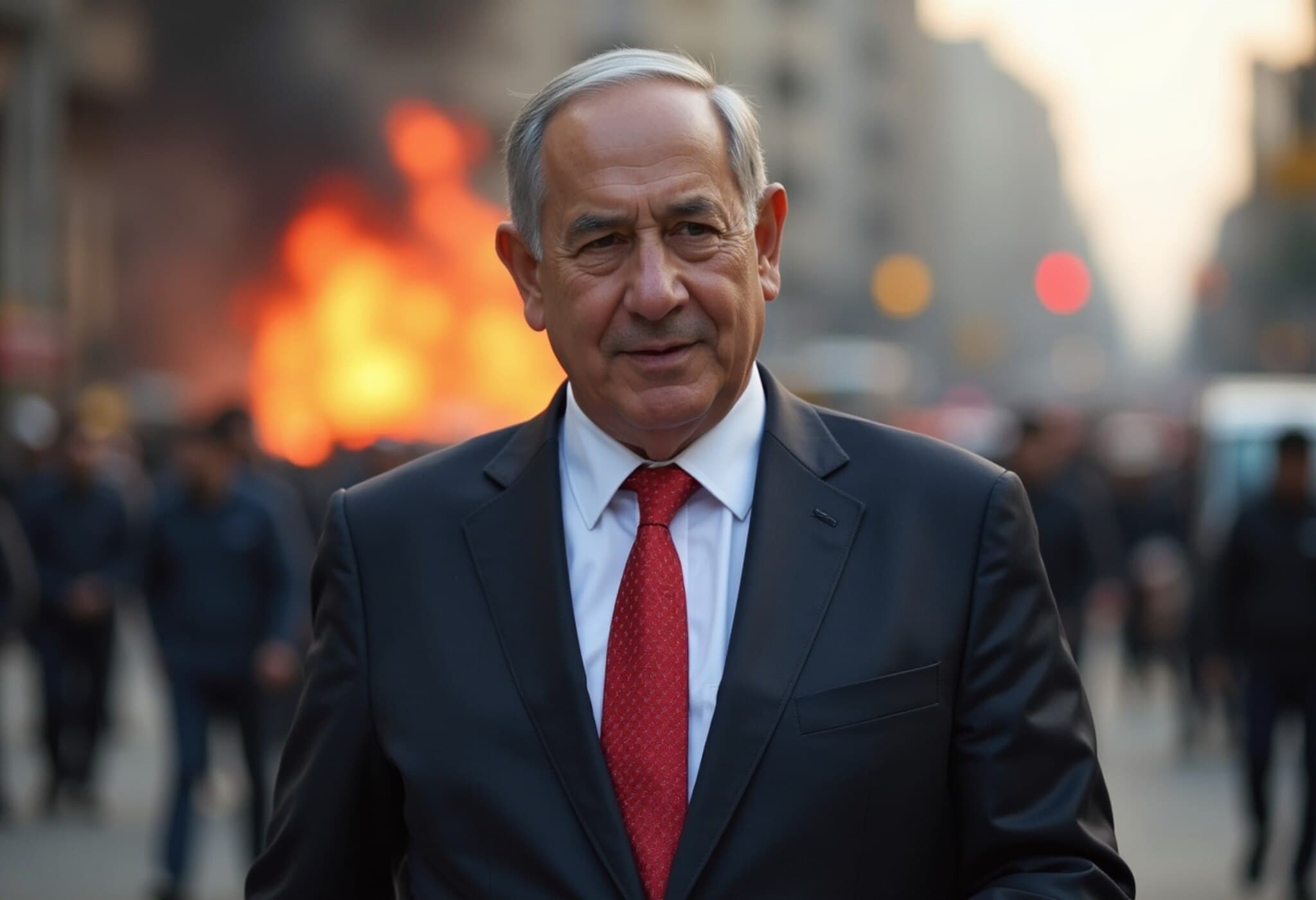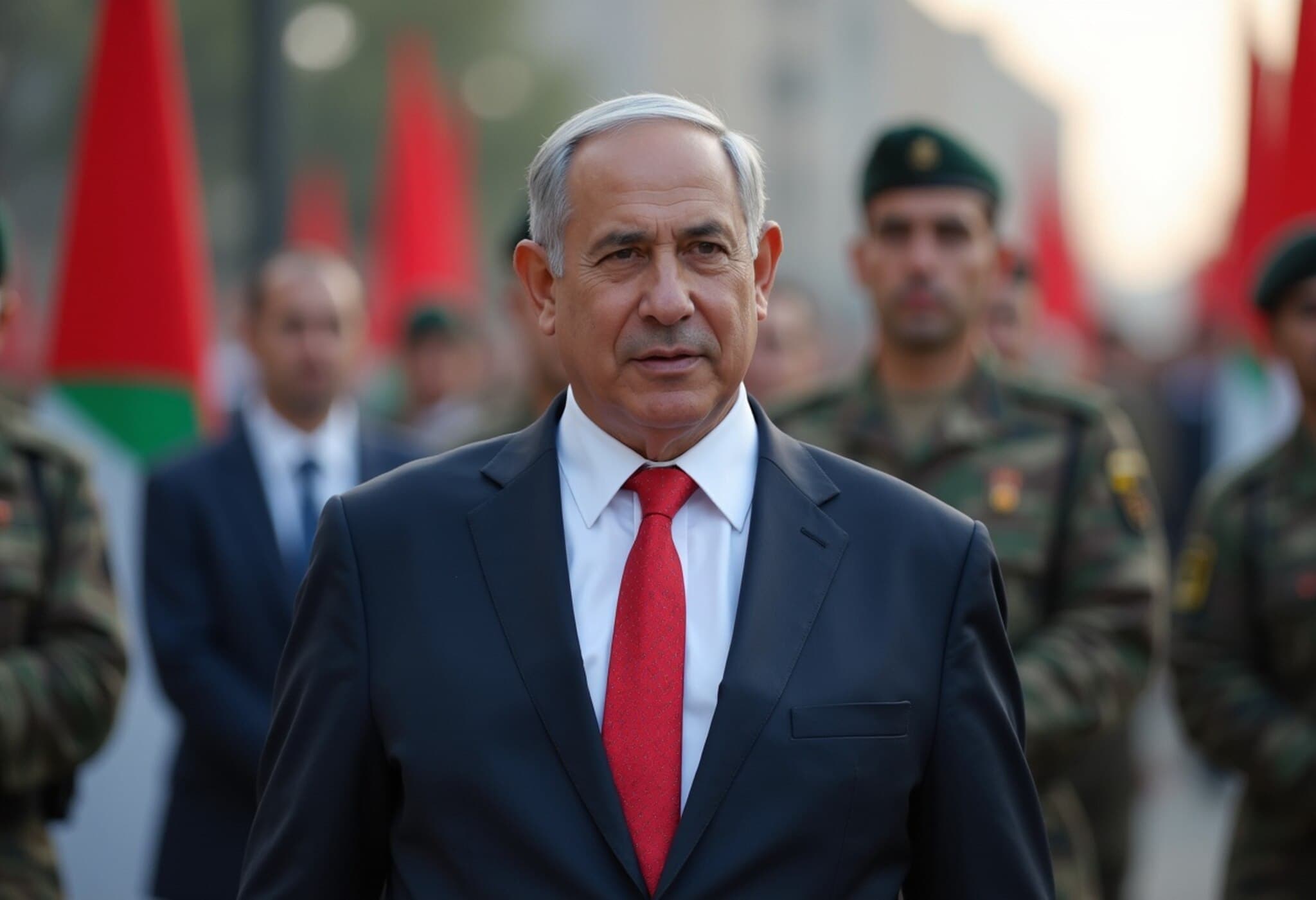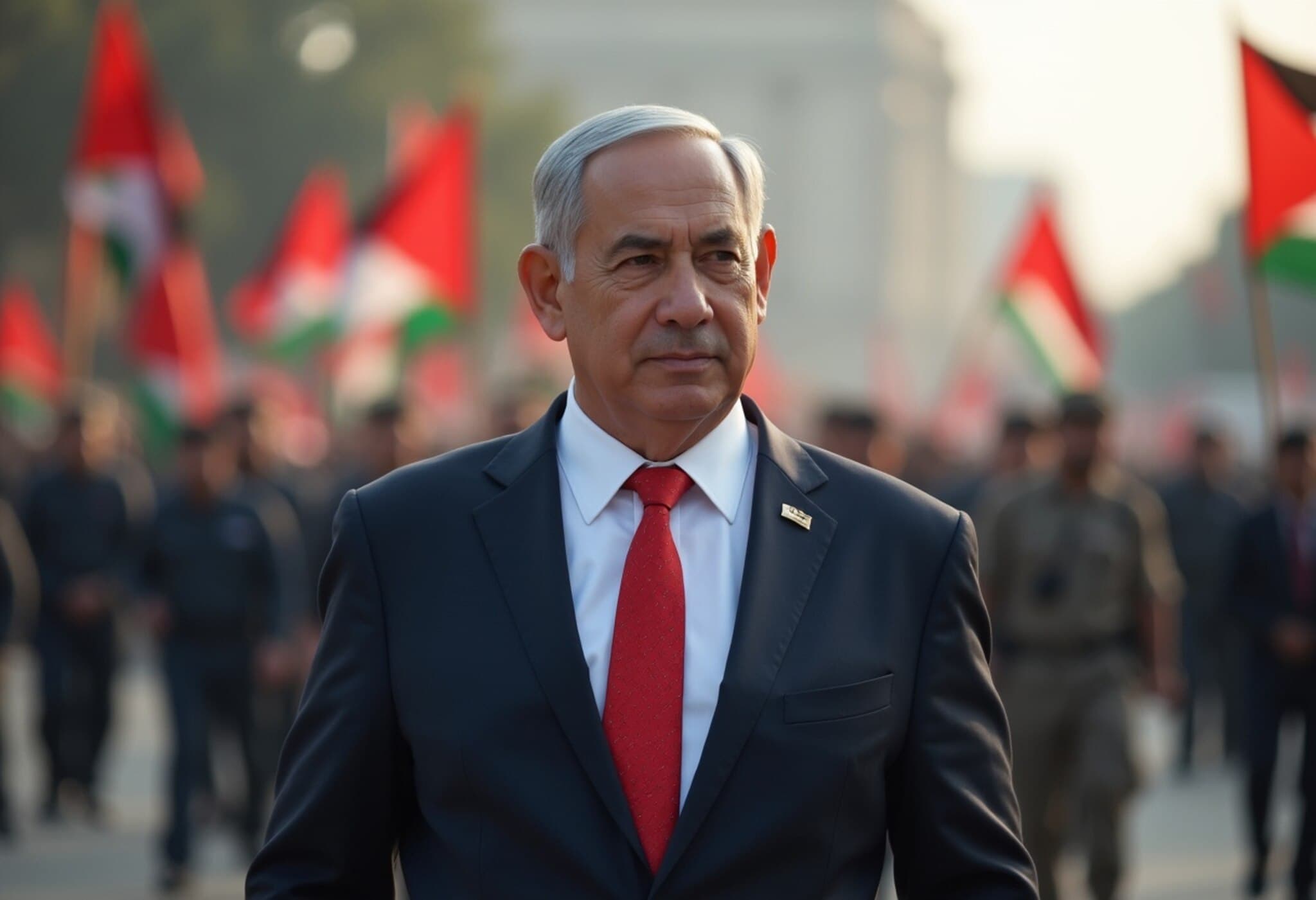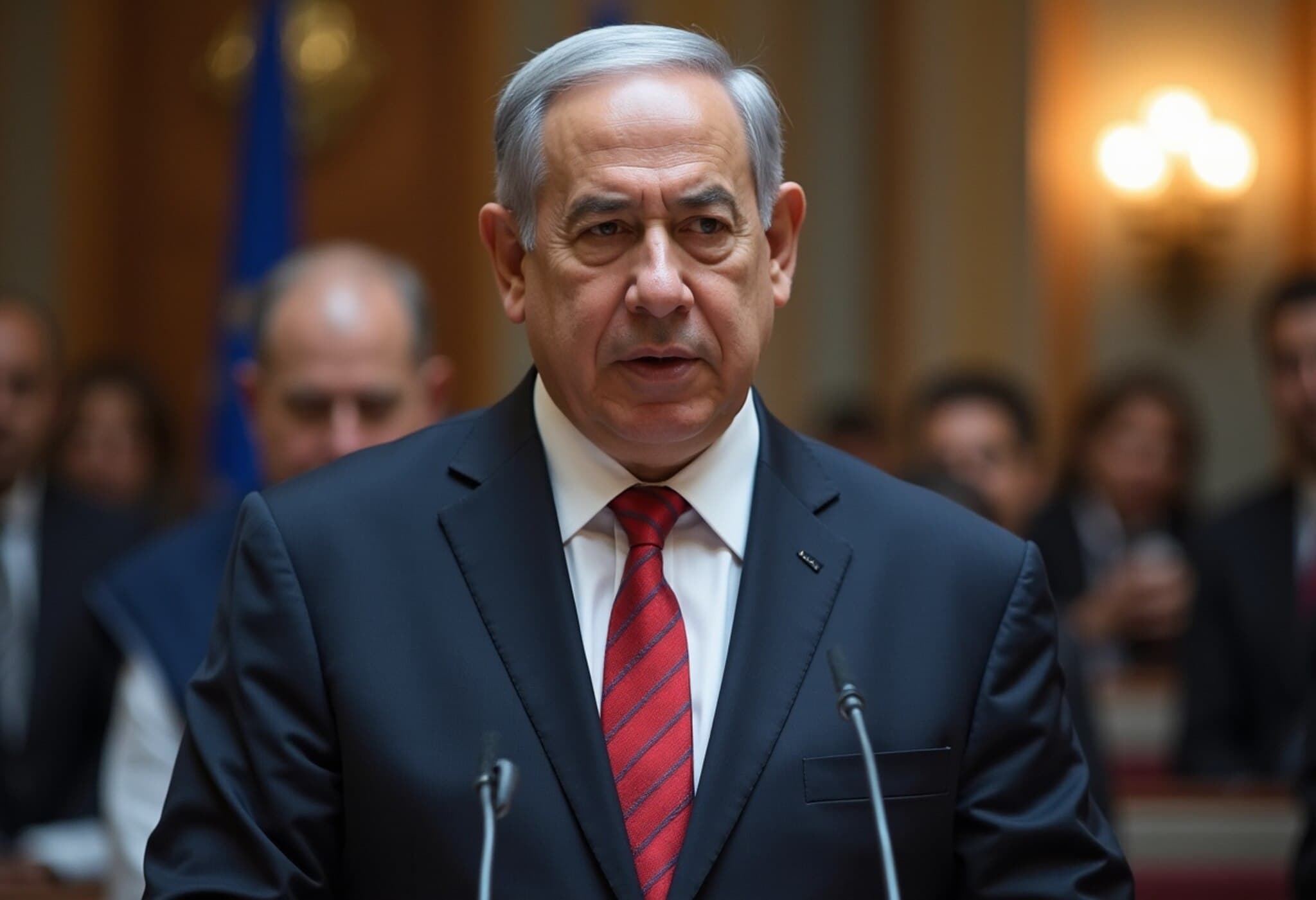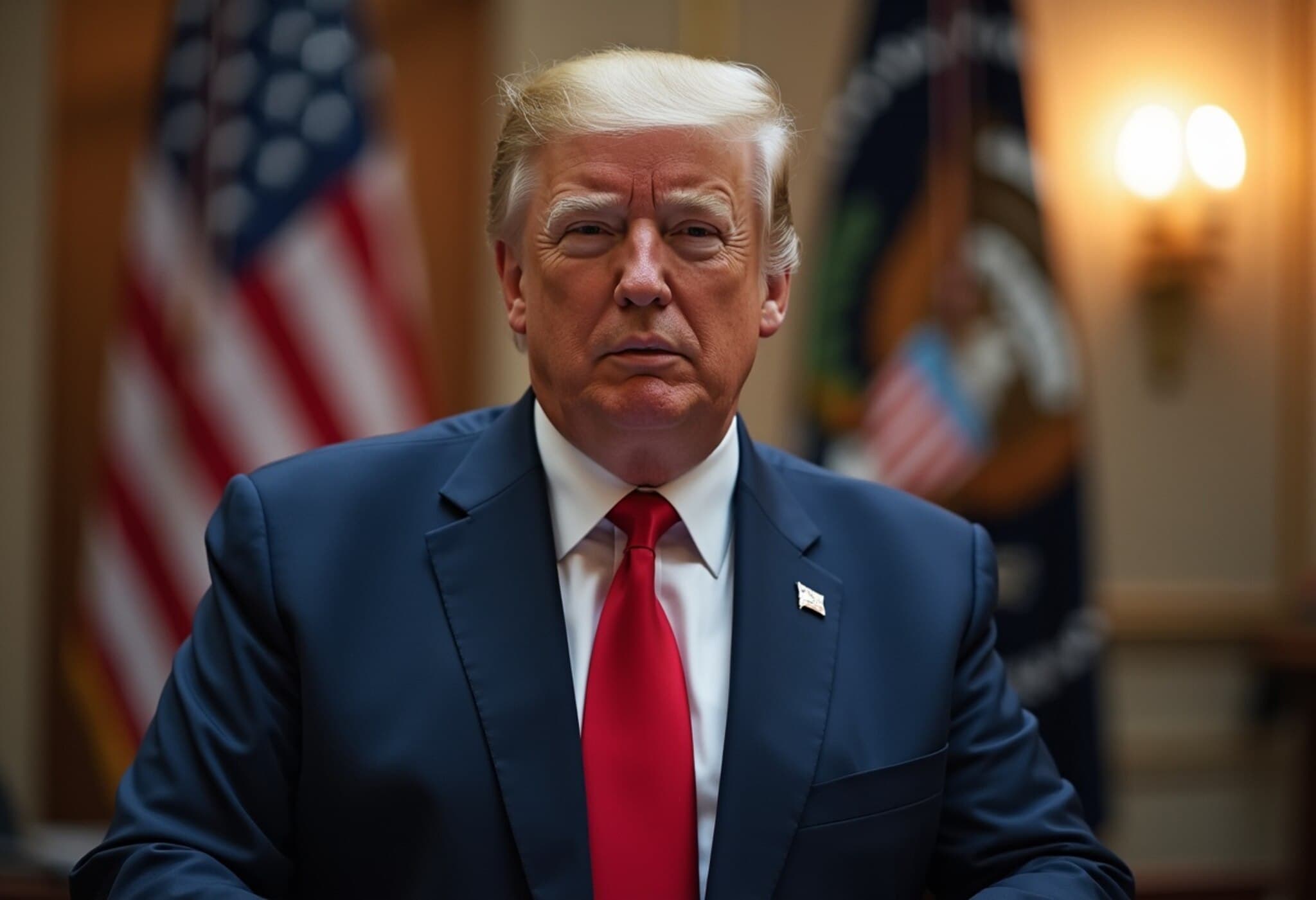Netanyahu Affirms Israel’s Stance on Gaza Amid Ongoing Conflict
In a recent exclusive interview with CNN-News18 on August 7, 2025, Israeli Prime Minister Benjamin Netanyahu made it clear that Israel has no plans to annex the Gaza Strip. Instead, his administration envisions establishing a secure perimeter around the territory to prevent further threats from militant groups, particularly Hamas.
Focus on Hamas’ Neutralization and Hostage Recovery
Netanyahu uniquely emphasized that the destruction of Hamas remains Israel’s primary objective. “We will destroy Hamas. We will get our hostages back,” he declared, underscoring both the humanitarian and security imperatives driving Israel’s military campaign. He further called on Hamas to disarm, stating that the entire conflict could cease immediately if the group lays down its arms.
“The war can be over tomorrow if Hamas lays down arms. Innocents must be separated from Hamas,” Netanyahu added, signaling efforts to protect civilians caught in the crossfire and emphasizing a distinction between Hamas militants and noncombatant residents.
International Governance and Regional Security Outlook
While Netanyahu ruled out annexation, he did not provide detailed plans on Gaza’s post-conflict administration. However, he hinted at the potential involvement of an international body to govern Gaza, suggesting a multilateral approach to stabilize the region following the violence.
This proposal leaves critical questions unanswered, such as which international actors would be involved and what mandate they would hold, but it signals openness to diplomatic solutions beyond military means.
Strategic Alliances and Regional Dynamics
Netanyahu also spoke about Israel’s evolving geopolitical partnerships, notably highlighting India as a “solid partner” alongside the United States. This acknowledgment reflects a broader strategy of forging ties with emerging global players, which is crucial given shifting alliances in the Middle East and South Asia.
- He referenced the recent Operation Sindoor conducted by India, noting that Israeli military equipment provided in the past has proven effective in real combat scenarios.
- Netanyahu described ongoing challenges in the Israel-India-U.S. relationship as “temporary obstacles,” expressing optimism about resolving them through shared interests.
- He emphasized common ground among Washington, Delhi, and Jerusalem regarding stability and security in the region.
Expert Perspective: The Larger Context
This interview sheds light on Israel’s dual approach—military action combined with diplomatic openness—to addressing one of the most protracted conflicts in modern history. Netanyahu’s refusal to annex Gaza reflects both international diplomatic pressures and recognition of Gaza’s complex humanitarian situation.
Moreover, his mention of international governance hints at a potential shift towards collaborative peacekeeping efforts, though implementing such a plan will require delicate negotiations among global powers.
From an American policy standpoint, maintaining strong ties with Israel while engaging India as a strategic partner in the Indo-Pacific reflects Washington's broader goal of counterbalancing regional threats and fostering stability through partnerships.
Looking Ahead: Critical Questions for the Peace Process
- How feasible is international governance over Gaza, given the mistrust among regional actors?
- What mechanisms would ensure the protection of civilians while neutralizing militants?
- Could the dynamic between Israel, India, and the U.S. evolve towards a more coordinated security framework?
- How will Israel balance military objectives with long-term regional diplomacy?
Conclusion
Prime Minister Netanyahu’s statements provide a clear window into Israel’s current conflict strategy: decisive military action against Hamas coupled with cautious diplomacy regarding Gaza’s future. The international community and regional actors will be closely watching for concrete steps towards stabilization, the safe return of hostages, and eventual peace.

